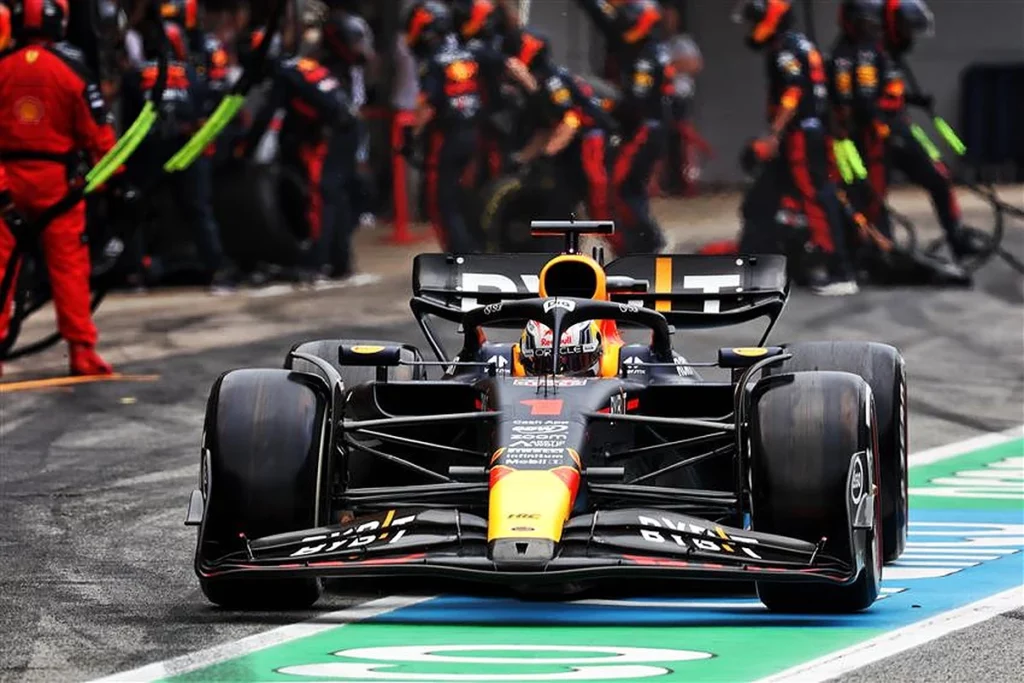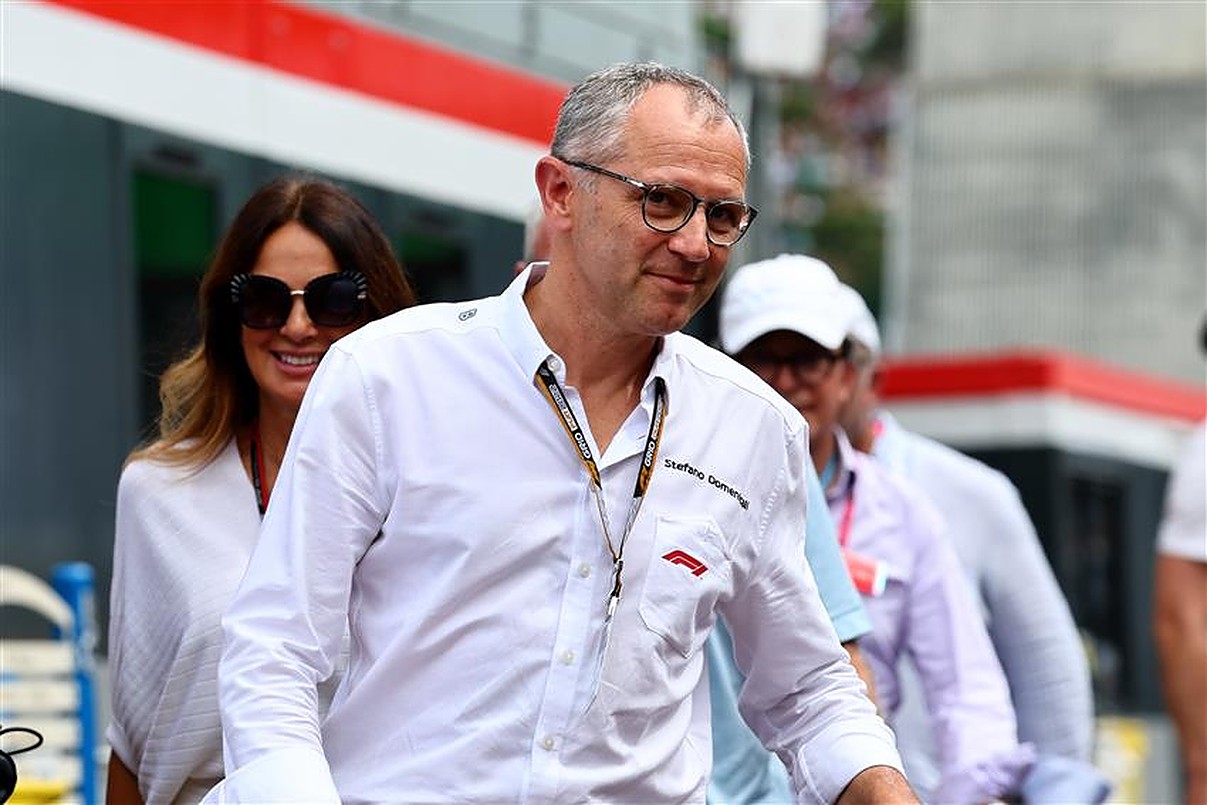Team principals met with F1 CEO Stefano Domenicali at the Canadian Grand Prix, where Red Bull team boss Christian Horner raised concerns about 2026’s rule changes – and how they may create ‘Frankenstein cars’.
F1 racing is preparing for an overhaul of both chassis and power unit regulations – with a 50/50 split of power generation from the internal combustion engine and battery being proposed.
Horner believes that these changes may place too much reliance on electric elements of the cars which could be troublesome.
Analysis conducted by teams triggered concerns there may be a risk of cars running out of battery power at certain F1 circuits.

Want to work in Formula 1? Browse the latest F1 job vacancies
This is because heavy reliance on electrical systems means cars wouldn’t be able to regenerate enough energy from MGU-K systems.
Without sufficient energy on the track, drivers could be forced into “bizarre behaviour,” – this is why some have labelled 2026’s prospective vehicles as “Frankenstein cars.”
Drivers could experience a sudden loss of speed on crucial straights while racing.
An inside source suggested that the rules don’t guarantee enough electric power for the entire lap. If drivers lose the 350kW boost allowed from batteries, they’ll be forced to slip down gears on the straights.
One team principal commented: “We could have drivers left on economy drives to look after their batteries, or having to change down gears on the straights.
“We have to make sure we don’t end up creating some Frankenstein cars that are not what was originally intended with the regulations.”
Teams also remain in the dark about the potential drag profiles of the 2026 cars, which are going to feature active aerodynamics to flatten wings on the straights.
If the drag levels do not reach an optimum level, this greatly increases the risk of cars not having enough battery power.
Another team boss added: “If there are any problems, then we need to head them off now, because if we wait until the rules are finalised then it could be too late.”
READ: Charles Leclerc told he can’t join Mercedes because of Lewis Hamilton
The FIA has remained committed to the 2026 changes, despite these concerns.
An FIA spokesman said the changes were environmentally focused and that teams would have to prepare accordingly for them, saying: “The power unit regulations for 2026 onwards have been clearly defined and approved.”
“The teams and power unit manufacturers will be working on their own innovations to extract the crucial final performance potential from their designs.”

